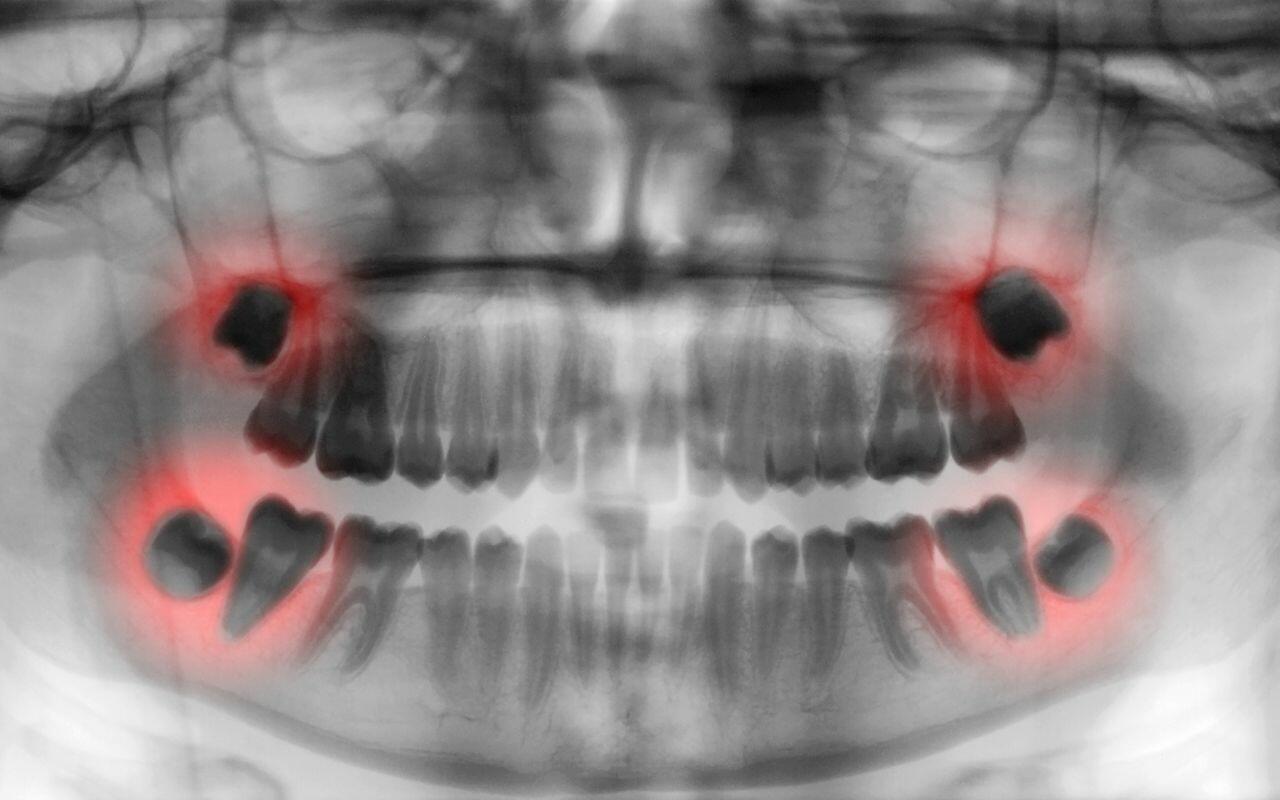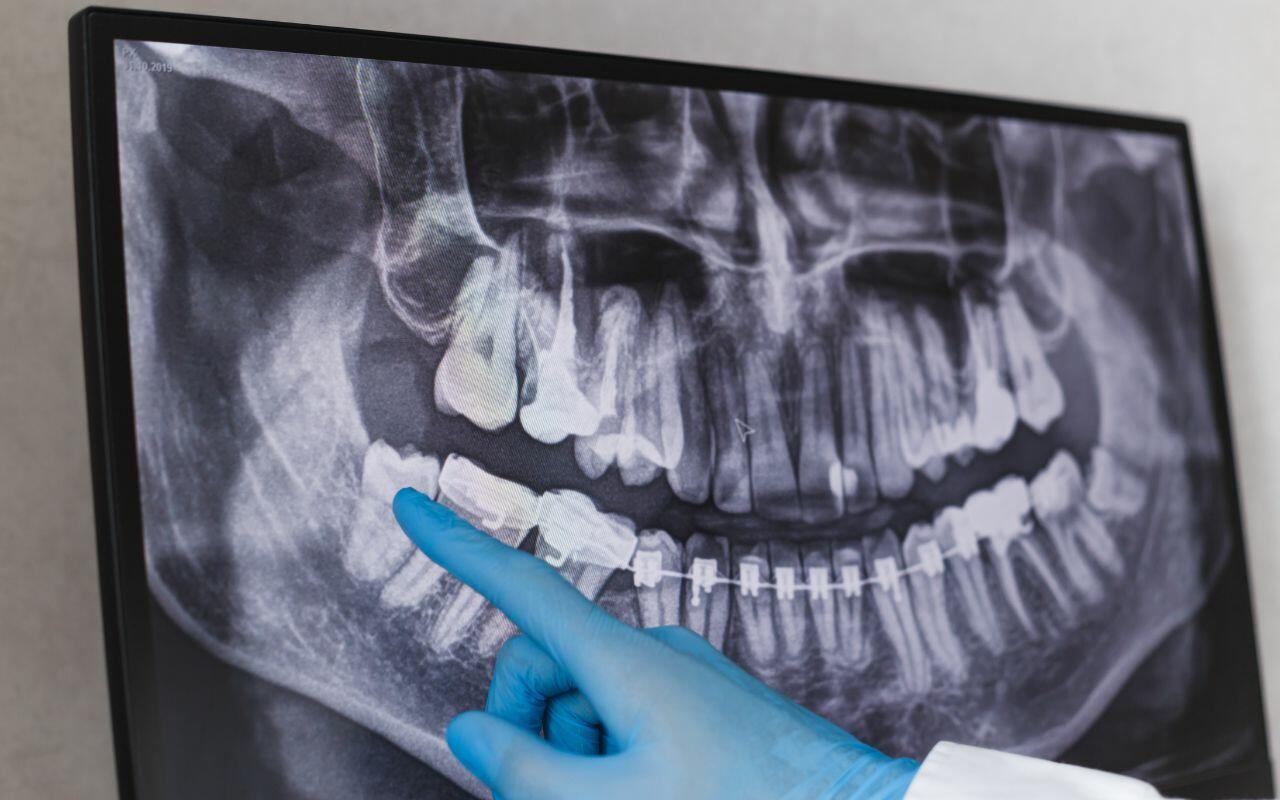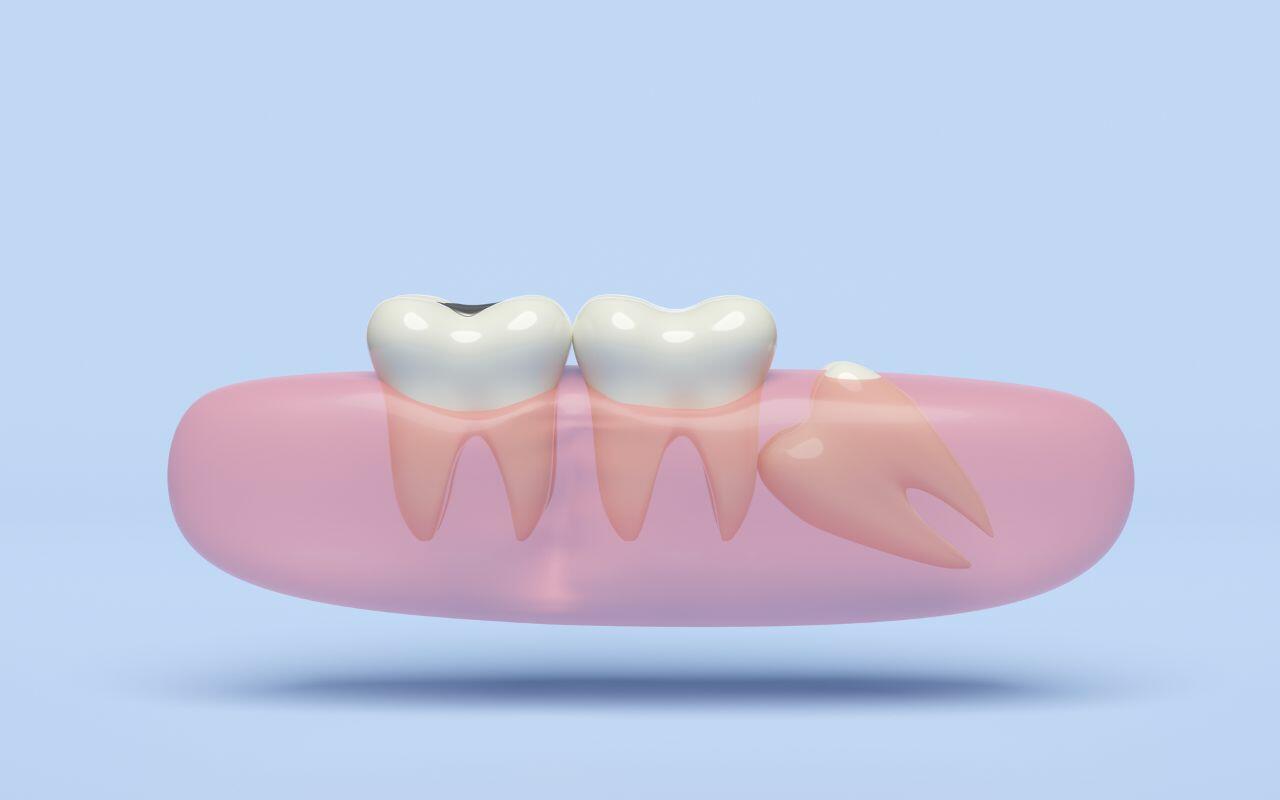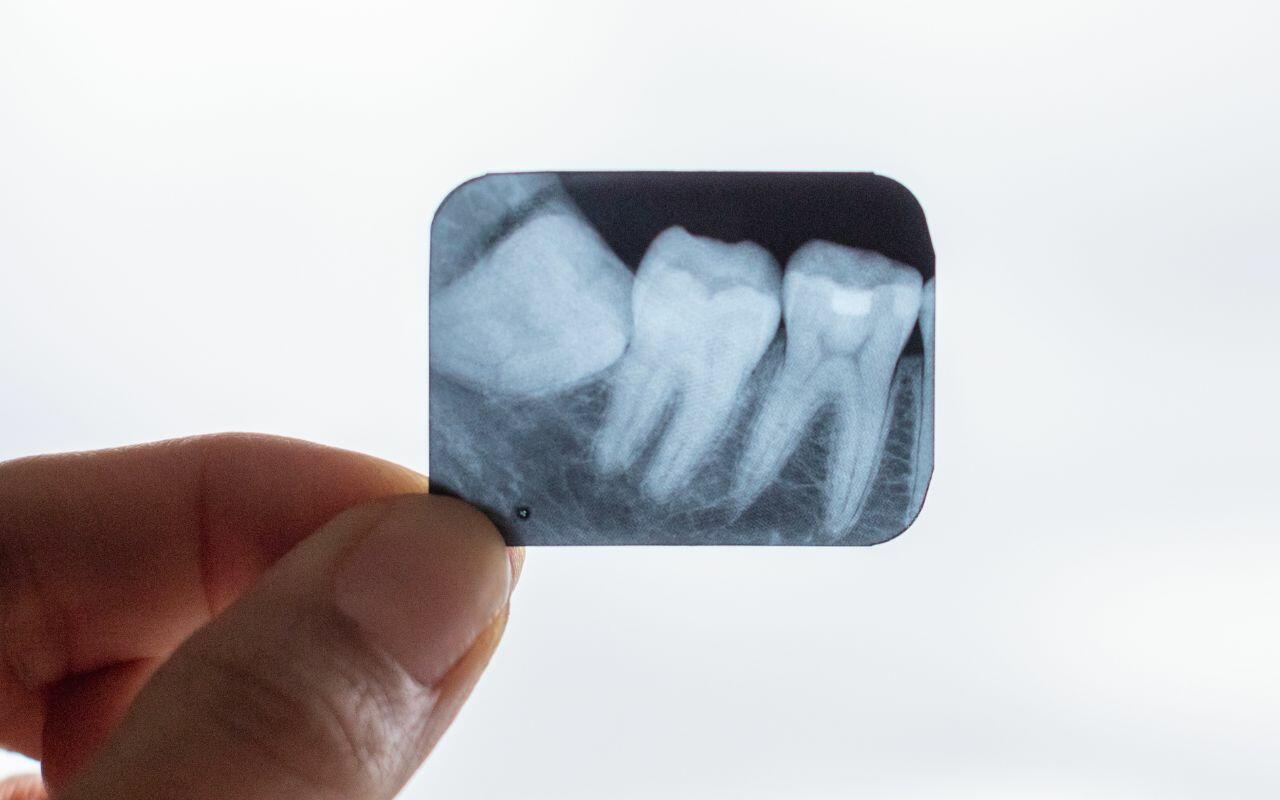As we enter our teens, most of us can expect to see our final adult teeth come in. These back molars are your wisdom teeth. Wisdom teeth affect people in different ways. Some of us don’t even have wisdom teeth, while others can suffer terrible side effects that lead to pain and complications for our other teeth. Although some people never experience pain or discomfort when their wisdom teeth come in, there could be underlying reasons your dentist might still recommend you have them extracted.
You might wonder, is it safe to keep wisdom teeth if they’re not causing any pain, or if they really do need to come out. Here we consider how safe it is to keep your wisdom teeth, pain or no pain.
When Do Wisdom Teeth Come In?

Generally, wisdom teeth come in between the ages of 17 and 25. However, not everyone is born with wisdom teeth. Your dentist will keep track of your teeth development and note issues with wisdom teeth, or if your back molars are missing altogether. If they are missing, this is not an issue and spares you the pain and possible complications of wisdom tooth eruption.
What Are Common Symptoms Of Wisdom Teeth Eruption?

Common symptoms of wisdom teeth coming in include:
- Bleeding gums at the back of your mouth
- Tender gums at the site of the wisdom teeth
- Swelling gums
- Swelling jaw
- Jaw pain
- Difficulty with opening your mouth
Some people also experience bad breath or a bad taste in their mouth. Although these symptoms are common, your wisdom teeth could come in without any symptoms at all. This is where the confusion often lies, as many patients assume if they are pain- or symptom-free, they don’t have an issue with their wisdom teeth. Therefore, they question the need for extraction when their dentist recommends it. We get it — who wants to go through an extraction if they don’t have to? However, there are reasons extraction is recommended even when you are pain-free.
Is It Safe To Keep Wisdom Teeth?

There are cases where your wisdom teeth come in perfectly upright and in what we consider a “functional position.” In these cases, we’ll keep an eye on them to make sure they aren’t increasing the risk for decay or gum disease. But, the scenario where we might recommend extraction when your wisdom teeth aren’t causing obvious issues, is when your wisdom teeth put your other teeth and mouth at risk.
Although it might seem odd a perfectly healthy tooth can cause dental issues, it’s their location that is problematic. They are so far back in your mouth, that they are more difficult to clean and floss, which means your neighbouring teeth can suffer if you can’t remove debris and plaque effectively. If you decide to keep your “trouble-free” wisdom teeth, your dentist will keep an eye on them to make sure there aren’t signs of decay or plaque buildup.
When Should Wisdom Teeth Come Out?

We monitor wisdom teeth to look for signs of trouble including:
Tender and Swollen Gums: Gum discomfort at the back of your mouth is a sign your wisdom teeth are causing issues. It could be isolated to one tooth, a few teeth or all four. As wisdom teeth come in, you’re actually “teething” just like a baby. If you’ve ever heard a baby cry from teething pain, you’ll soon become far more sympathetic to their suffering when you experience gum-related tenderness and swelling from wisdom tooth eruption.
Headaches: Many people are unaware their headaches could be related to their wisdom teeth. When your wisdom teeth struggle to erupt, it can lead to pressure that causes headaches. If you are at the age when wisdom teeth are expected, you should discuss frequent headaches with your dentist to find out if your teeth are the cause.
Gum Infection: Wisdom teeth roots are often awkwardly positioned allowing only a portion of the tooth to erupt. As a result, your gums become susceptible to infection. This is because small spaces around the tooth at the gum make it easy for debris to lie hidden and rot. This is when you experience bad breath or bad tastes in your mouth. Debris leads to infection that can develop into “pericoronitis”, a serious condition that requires antibiotic treatment.
These are signs your wisdom teeth are impacted.
What Happens When A Wisdom Tooth Is Impacted?

Impacted wisdom teeth develop when your teeth remain fully or partially below the gums, or in your jawbone. It’s very common, but also leads to serious issues including the infections mentioned above. Partially erupted teeth are more prone to decay and also increase the risk for gum disease. You can also develop cysts and tumours due to impacted wisdom teeth. When wisdom teeth are impacted, extraction is always recommended.
Can Impacted Wisdom Teeth Be Prevented?

No. Unfortunately your wisdom teeth have their own course and follow it regardless of what you do. However, you can avoid issues such as infection by following a strict oral health regime to remove debris and plaque. Also, if your dentist recommends you remove your wisdom teeth and you aren’t too keen on the idea, make sure you give them a chance to explain why. It might seem like an expensive and unpleasant remedy for what you might feel is a minor inconvenience. Depending on your particular situation, they are trying to save you a world of pain and expense by removing your wisdom teeth before they have a chance to cause serious issues.
The bottom line is that wisdom teeth, even seemingly healthy upright wisdom teeth, increase the risk for decay and gum disease that puts your other teeth and whole mouth at risk. Also, if you suffer from pain in your gums, jaw, head, neck, or even ears on a regular basis, it could be related to your wisdom teeth. Last, but never least, impacted wisdom teeth put you at risk for serious infection and abscesses while causing ongoing pain and discomfort easily resolved permanently with wisdom teeth removal.
If you have questions about wisdom teeth, call today to schedule an appointment at 905-775-5307 or click here to request an appointment.
